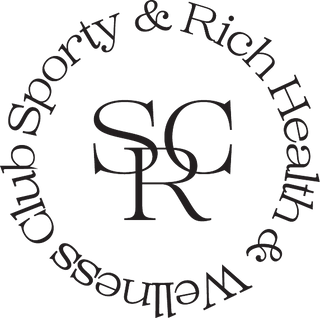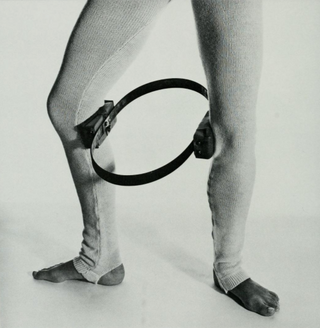
By: @drmelissacugliari
Daily movement is integral in achieving and maintaining optimal health. It is obvious to most that without movement, the body will not function well. But what about too much movement? This can actually hinder your health.
In my practice, I see many individuals who don’t move enough and also those that move too often or too intensely. Both can be considered to be “stressors” on the system. They can have deleterious effects on hormones, digestion, immune function, nervous system health, brain health, skin health along with the way we age.
The frequency and type of exercise you are doing are key to consider. Although daily movement is necessary for optimal health, the type of movement you are doing each day matters. Before reading on, remember that when it comes to your exercise routine, it is important to choose forms of movement that you love. When we choose exercises that we love, we are more likely to do it. Plus, as with any health promoting habit, consistency is key to see results.
In the patient population I work with, I have seen a trend toward high intensity interval training (HITT). HIIT combines short bursts of intense exercise to stimulate the cardiovascular system followed by short periods of rest in between exercises. HIIT can vary but includes spin, bootcamp classes, sprinting, and circuit style weight training combined with cardio exercises like skipping or jumping jacks. While HIIT has numerous benefits and can be an important aspect of any fitness routine, when it’s done too frequently it becomes a stressor for the body and it can lead to outcomes like chronic fatigue, brain fog, irregular hormonal patterns (in men and women!), low libido, anxiety, irregular bowel movements, weight gain, skin imbalances (e.g. premature aging or breakouts), and more.
HIIT should be combined with low intensity steady state cardio (LISS) along with other slow and steady forms of exercise. LIIS includes any cardiovascular exercise that is typically done for 45 to 60 minutes and brings your heart rate up to around 50 to 65% of your maximum heart rate (speak to your health care provider to determine this number for you). An example would be an inclined hike or incline treadmill walk. One way to generally know you are in this zone is that you are able to have a conversation but are slightly out of breath. Other forms of LISS exercises include pilates and yoga. This type of exercise helps to maintain and possibly build muscle mass, and it will not over-tax the system.
My number one exercise recommendation is to intentionally move each day for at least 30 to 60 minutes. In general, two to three of these days can be high intensity and shorter duration (30 minutes) like a spin class or bootcamp, two to three other days can be low intensity and longer duration (45 to 60 minutes), and the remaining day(s) can include a mix of stretching, gentle paced walking or biking, or some other form of movement you enjoy. This type of schedule provides the body (especially the musculoskeletal and metabolic systems) with variety and adequate recovery time. Note that for some, HIIT may not be appropriate. In this case, opting for lower intensity exercise more frequently during the week (five to six days) may be beneficial.
As always, speak to your doctor, a registered health care provider or a fitness professional for recommendations that are best suited to your health status and fitness goals.
References:















